Consoles of the 2000s
Sega drops out, Microsoft steps up, Nintendo makes a comeback and Sony sells the most consoles EVER
Consoles of the '70s|Consoles of the '80s
Consoles of the '90s| Consoles of the 2000s

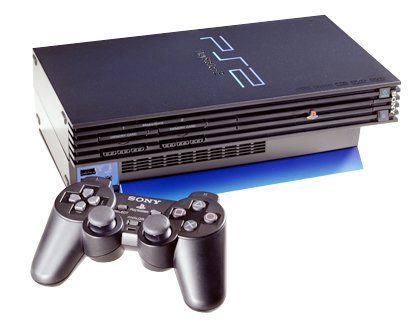
Console: PlayStation 2
Manufacturer: Sony
Discontinued: Still going…
Sold based on the strengths of the original PlayStation, backwards-compatibility and built-in DVD player, the PS2 has pushed more than 127 million units worldwide as of last year - making it the highest-selling console of all time. As the most popular console of the last generation, the PS2 secured exclusive rights to giant franchise sequels, including: Final Fantasy X, Grand Theft Auto III, Metal Gear Solid 2, SOCOM and Gran Turismo 3. Not without faults, Sony made a weak effort to take gaming online. Still, the PS2 surpassed the Dreamcast and was one of the major players to drive a stake through Sega’s heart.
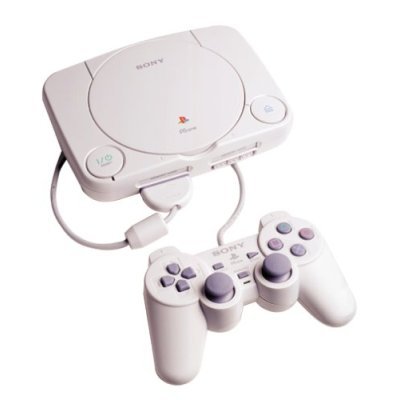
Console: PSone
Manufacturer: Sony
Discontinued: 2006
This newer, slimmer PS1 was released a few months before the PS2 hit shelves and still managed to outsell all other consoles that year, including its big brother. The only differences were the size (duh), the slightly different interface and the extra protection against modding the console. Also, it was easier to run the games, so we didn’t have to play the PSone upside down anymore.

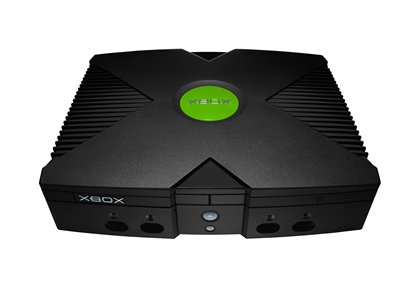
Console: Xbox
Manufacturer: Microsoft
Discontinued: 2007
Microsoft’s first entry in the console market was met with equal parts doubt and cautious optimism. Many worried the Xbox would play nothing but PC ports and were scared that it was a glorified Windows console. After many delays, the Xbox released against Nintendo’s GameCube and not only improved upon online play (sorry Dreamcast), but came with a built-in hard drive. This eliminated the need for memory cards andlet gamers to rip music and play custom soundtracks. The list of console exclusives was small, but included gems like Knights of the Old Republic and Ninja Gaiden. Oh, and if you’ve ever heard of Halo or Halo 2, then you’ll understand how the term ‘multiplayer’ is synonymous with Xbox.
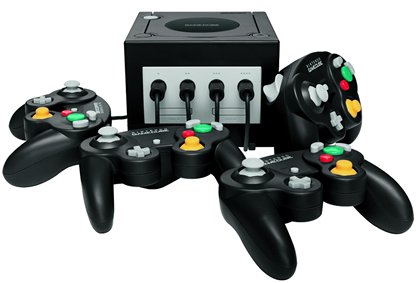
Console: GameCube
Manufacturer: Nintendo
Discontinued: 2007
Released against the Xbox, the GameCube was Nintendo’s attempt to recapture the market lost by their last console, the N64. Sadly, it didn't work. Nintendo trailed in third during last generation’s console war in terms of sales. This was partly attributed to Nintendo’s focus on family-friendly games, poor online support (their eventual modem didn’t do much) and very little third-party support. Even with spectacular first-party releases like Super Mario Sunshine, Legend of Zelda: Wind Waker, Metroid Prime, Animal Crossing, Pikmin, Smash Bros. Melee and third-party (then exclusive) Resident Evil 4, the GC was not the major contender everyone wished it could be.
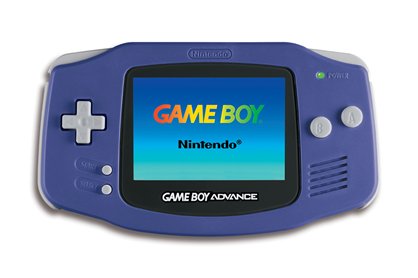
Console: GameBoy Advance
Manufacturer: Nintendo
Discontinued: 2007
Described as a portable SNES (but with better hardware), the GBA was insanely popular and technologically superior to the GameBoy Color in everything from battery life to color palette. Since its release, the GBA (and GBA SP) have sold just over 81 million copies and proved that sprite-based games could still stand against the 3D powerhouse consoles available at the time. Was also popular due to the amount of old school love including the Super Mario Advance series, Metroid Fusion, Castlevania and many Mega Mans.
Sign up to the GamesRadar+ Newsletter
Weekly digests, tales from the communities you love, and more


